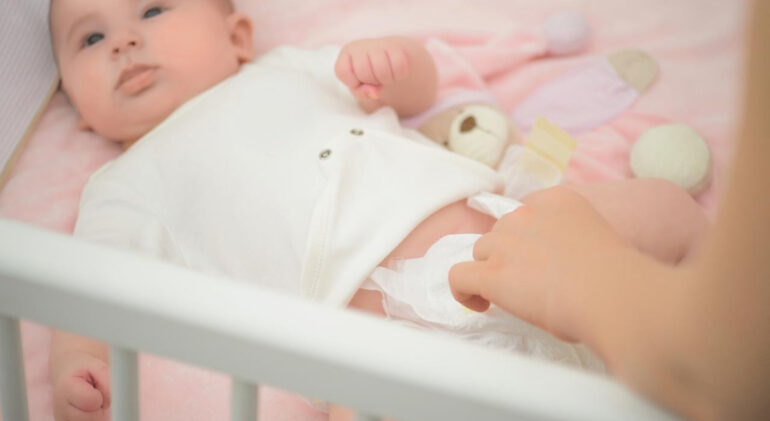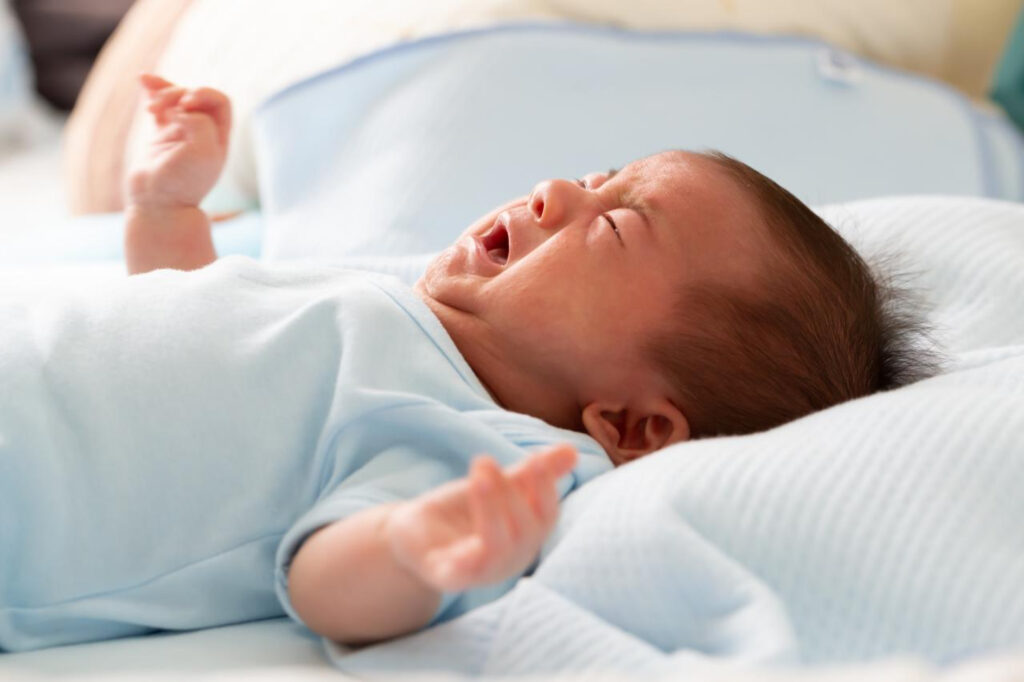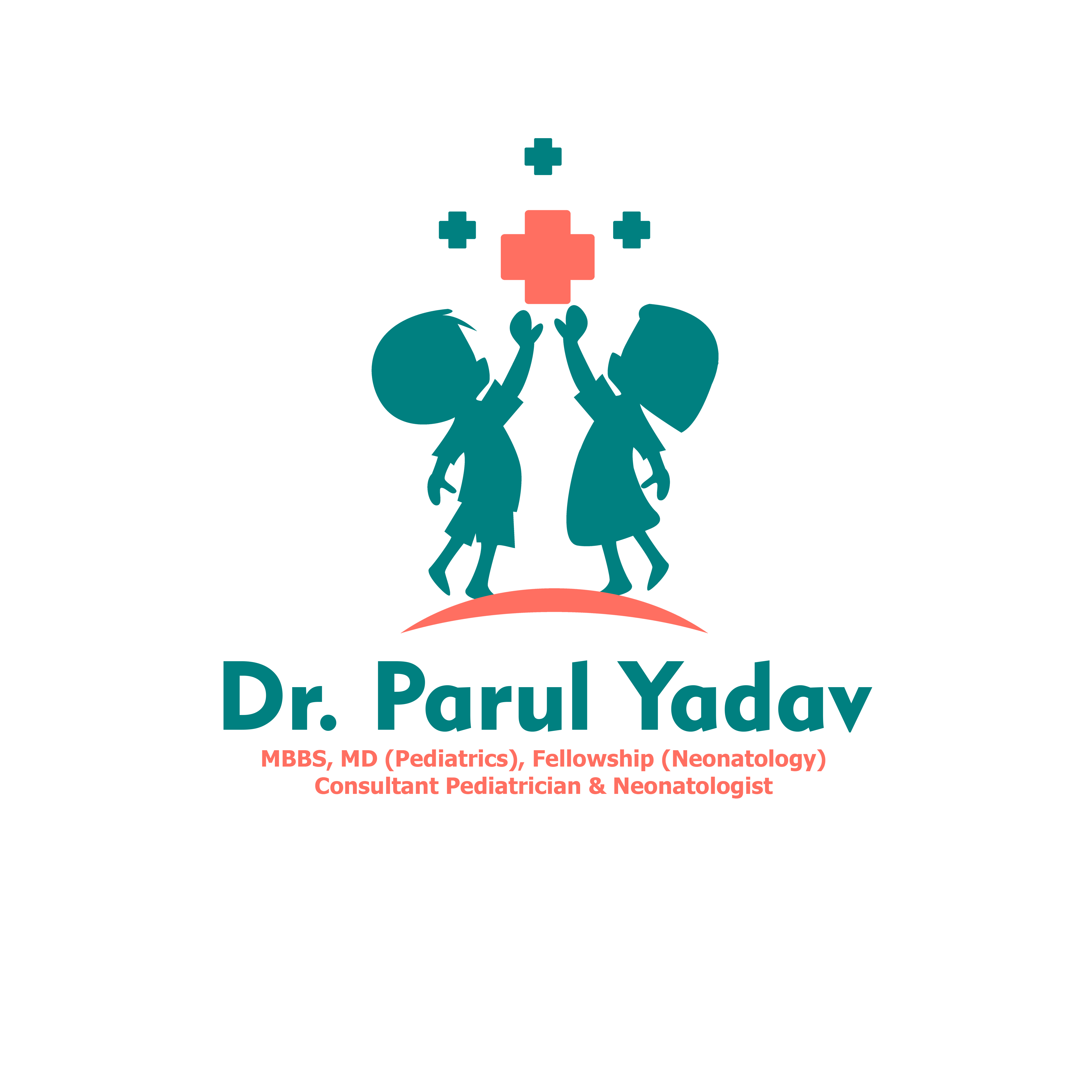
Diarrhoea in Children: Causes, Symptoms, Treatment, and Prevention
Diarrhoea in children is one of the most common health concerns faced by parents worldwide. While occasional loose stools may not be alarming, frequent or severe diarrhoea can lead to dehydration, malnutrition, and other serious complications if not managed properly. Understanding the causes, signs, treatment options, and prevention strategies is essential for parents and caregivers to ensure the well-being of their children.
In this comprehensive guide, we will cover everything you need to know about diarrhoea in children, including its causes, risk factors, diagnosis, home remedies, medical treatment, and prevention tips.
What is Diarrhoea in Children?
Diarrhoea is defined as passing loose or watery stools more than three times in a day. In children, especially those under the age of five, diarrhoea can become dangerous quickly due to rapid fluid loss. It can be acute (lasting a few days) or chronic (lasting more than two weeks).
Common Causes of Diarrhoea in Children
Diarrhoea in children can be triggered by several factors, including infections and dietary issues. The most common causes are:
1. Viral Infections
- Rotavirus is the leading cause of diarrhoea in children worldwide.
- Other viruses such as adenovirus and norovirus can also lead to diarrhoeal episodes.
2. Bacterial Infections
- Contaminated food or water may contain bacteria like E. coli, Salmonella, Shigella, and Campylobacter.
- These infections often cause fever, abdominal pain, and bloody diarrhoea.
3. Parasitic Infections
- Parasites like Giardia lamblia or Cryptosporidium can cause persistent diarrhoea.
4. Food Intolerance and Allergies
- Lactose intolerance is a common trigger.
- Allergies to milk, nuts, soy, or wheat may cause diarrhoea along with other digestive issues.
5. Antibiotic Use
- Some antibiotics disturb the gut flora, leading to diarrhoea.
6. Poor Hygiene and Unsafe Water
- Lack of handwashing, unsafe drinking water, and contaminated foods increase risk.
7. Other Medical Conditions
- Conditions like celiac disease, inflammatory bowel disease, or irritable bowel syndrome (IBS) may cause chronic diarrhoea.

Symptoms of Diarrhoea in Children
Recognizing the symptoms of diarrhoea early can help prevent complications. Common signs include:
- Frequent loose or watery stools
- Abdominal pain or cramps
- Nausea and vomiting
- Fever
- Loss of appetite
- Dehydration signs: dry mouth, sunken eyes, decreased urination, lethargy
- Blood or mucus in stool (may indicate a bacterial infection)
Risks and Complications
While mild diarrhoea often resolves on its own, children are more vulnerable to complications than adults. Potential risks include:
- Dehydration – the most serious risk, especially in infants and toddlers
- Nutritional deficiencies due to poor absorption of nutrients
- Weight loss and weakness
- Prolonged illness if underlying conditions are not addressed
When to See a Doctor
Seek immediate medical attention if your child shows any of the following:
- Severe dehydration symptoms (no urination, extreme weakness, sunken eyes)
- Blood or pus in stools
- Persistent vomiting
- Diarrhoea lasting more than 7 days
- High fever above 102°F (39°C)
- Signs of shock such as drowsiness or confusion
Diagnosis of Diarrhoea in Children
Doctors may use several methods to diagnose the underlying cause of diarrhoea:
- Medical history and physical exam
- Stool tests to detect bacteria, viruses, or parasites
- Blood tests to check for dehydration or infection
- Allergy and intolerance testing if food-related causes are suspected
- Endoscopy or imaging tests for chronic or severe cases
Treatment Options for Diarrhoea in Children
The treatment of diarrhoea depends on its cause and severity. Common management strategies include:
1. Oral Rehydration Therapy (ORT)
- Oral Rehydration Solution (ORS) is the gold standard treatment.
- ORS restores lost fluids and electrolytes.
2. Increased Fluid Intake
- Encourage water, clear soups, coconut water, and diluted fruit juices.
- Avoid sugary drinks and sodas as they can worsen diarrhoea.
3. Dietary Adjustments
- Follow the BRAT diet (Bananas, Rice, Applesauce, Toast) for mild diarrhoea.
- Offer easily digestible foods like potatoes, yogurt, boiled carrots, and khichdi.
- Avoid fried, spicy, or fatty foods until recovery.
4. Probiotics
- Probiotics help restore healthy gut bacteria.
- Yogurt and probiotic supplements can shorten diarrhoeal episodes.
5. Medications
- Antibiotics may be prescribed if bacterial infection is confirmed.
- Anti-parasitic medicines for parasitic infections.
- Antidiarrheal medicines are usually not recommended for young children without a doctor’s advice.
6. Hospitalization
- Severe dehydration may require IV fluids and monitoring in a hospital.
Home Remedies for Diarrhoea in Children
In addition to medical treatment, parents can try simple home remedies to provide relief:
- Ginger water or tea (for older children) helps reduce cramps.
- Fenugreek seeds soaked in water may help control diarrhoea.
- Buttermilk with a pinch of rock salt restores hydration.
- Pomegranate juice aids digestion.
- Cumin seed water soothes the stomach.
(Always consult a pediatrician before trying home remedies, especially for infants.)
Preventing Diarrhoea in Children
Prevention is always better than cure. Here are the most effective strategies:
1. Good Hygiene Practices
- Teach children proper handwashing before meals and after using the toilet.
- Keep nails trimmed and clean.
2. Safe Drinking Water
- Always provide boiled or filtered water.
- Avoid giving children untreated tap water.
3. Vaccination
- Rotavirus vaccine is highly effective in preventing severe diarrhoea in infants.
4. Healthy Eating Habits
- Wash fruits and vegetables thoroughly.
- Avoid street food and unhygienic eateries.
5. Breastfeeding
- Exclusive breastfeeding for the first six months protects infants from infections.
6. Food Safety
- Store food properly.
- Cook food thoroughly to kill bacteria and parasites.
Nutritional Support During and After Diarrhoea
Children need proper nutrition during recovery:
- Continue breastfeeding or formula feeding for infants.
- Provide small, frequent meals.
- Include foods rich in zinc and potassium (bananas, spinach, lentils).
- Give zinc supplements if prescribed by a doctor, as zinc helps in reducing diarrhoea duration.
Myths About Diarrhoea in Children
- Myth: Stop feeding during diarrhoea.
Fact: Children need nutrition to recover; never stop feeding. - Myth: Only medicines can cure diarrhoea.
Fact: Most viral diarrhoeas resolve with fluids and supportive care. - Myth: Diarrhoea is always caused by food.
Fact: Infections, allergies, and medical conditions can also cause it.
Conclusion
Diarrhoea in children is a common condition, but when managed properly, it usually resolves without complications. The key to effective management lies in hydration, proper nutrition, and timely medical care. Parents should be vigilant about symptoms of dehydration and seek immediate medical help if needed. Preventive measures such as vaccination, safe drinking water, hygiene, and breastfeeding play a vital role in reducing diarrhoea cases among children.
By understanding the causes, recognizing the symptoms early, and following preventive practices, parents and caregivers can protect children from the harmful effects of diarrhoea and support their healthy growth and development.





